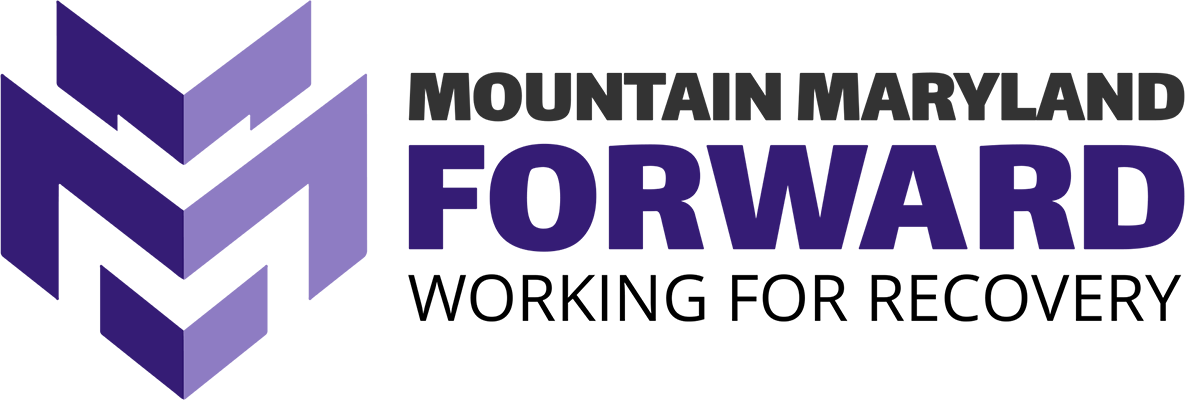People who use drugs may be seen as weak-willed, sinful, morally flawed, criminal, or worse. When people are negatively branded in this way the shame they may feel can make it difficult to seek help for addiction. It can also make it difficult to maintain employment and housing, and to build healthy relationships.
People who use drugs are not bad people and they do not deserve to be stigmatized.
The social stigma people face for using drugs is strong in small rural communities. Stigma can have a profound impact on people’s lives, making it difficult for them to access education, employment, housing, and healthcare.
Stigma is not a reflection of the individual. Like everyone else, they have complex lives and experiences, yet stigma often reduces this to a shorthand that reflects society’s attitudes and beliefs about drug use.
How is Stigma propagated?
Words, Attitudes, and Opinions
Words can be harmful—stigmatizing. It’s important to be aware that stigma comes from how we choose to talk about people who use drugs. What we say impacts others through our attitudes and opinions.
Policies
Outdated government, business and organizational policies can keep people trapped by negative labels or otherwise contribute to marginalization.
Health Care Coverage
Insurance companies are known to decline coverage for individuals with specific conditions.
Our Behaviors
Stigma can be demonstrated via demeaning behavior. It can occur in any environment or profession.
By working both with people in recovery and with local employers, the people gain a sense of self-confidence that helps them to rise above unfair and damaging attitudes that are often propagated without thought.
